HOME>NEWS CENTER>Newsletters
IFF Member Journal
TIME:2022-09-07
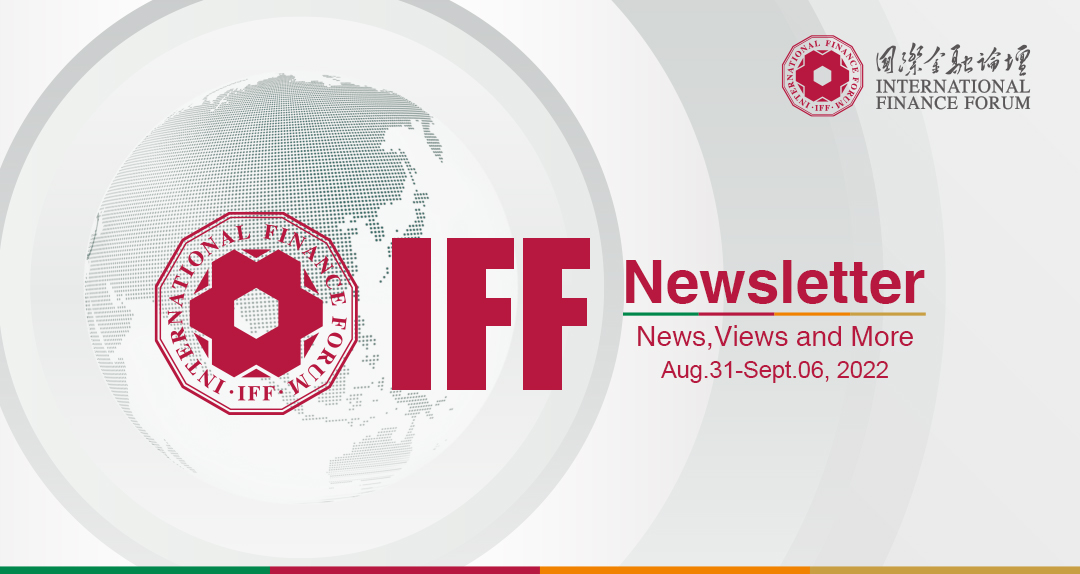
From the Editor
The municipal government of Beijing supports organisations like International Finance Forum (IFF) to host forums on green and sustainable finance, the city announced in its latest plan to turn the city into an international centre for green and sustainable finance.
In an action plan to develop green finance in the city, the Beijing municipality listed 22 actions it will take to quicken reform and opening-up in green finance area to make the city an international centre for green and sustainable finance, the city government said in a statement on Friday.
IFF has hosted seminars and conferences in green and sustainable finance. The annual IFF Green Finance Award rewards financial institutions and companies who have made significant contributions to green and sustainable finance.
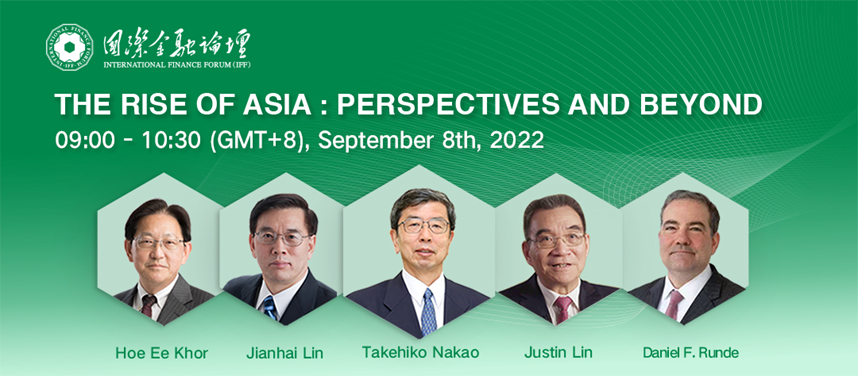
Home to some of the world’s most important and fast developing economies, Asia has seen enormous growth and transformation in recent years. The COVID-19 pandemic and war in Ukraine present new challenges as well as opportunities for the region.
The 24th IFF Academic Seminar will look into Asia’s development, past and present. Joining the conversation will be Takehiko Nakao, former President of the Asia Development Bank, Prof. Justin Lin of Peking University, Daniel Runde from the Center for Strategic and International Studies and Hoe Ee Khor, chief economist of AMRO Asia. The Seminar will be moderated by IFF Vice President Jianhai Lin, ex-Secretary of the IMF.
IFF Academic Seminar is one of International Finance Forum(IFF)’s flagship events where we bring top officials, economists and academics together to discuss the latest events and development around the world.
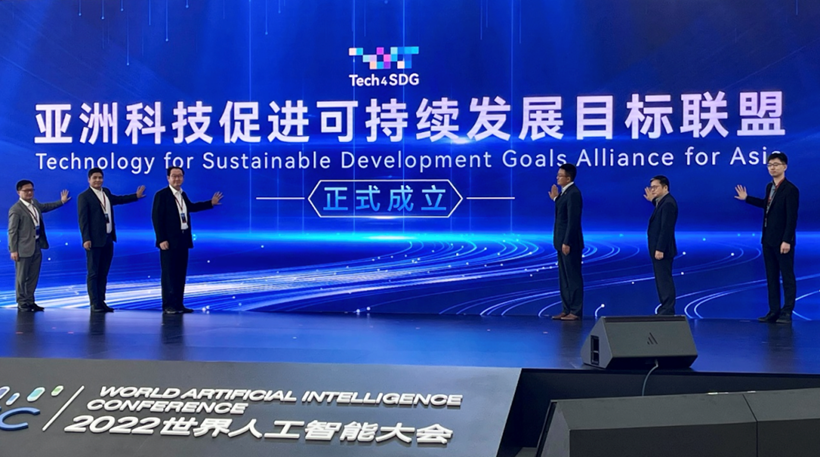
The International Finance Forum (IFF) helped set up an organisation that aims to achieve sustainable development using technology.
The Technology for Sustainable Development Goals Alliance (Tech4SDG) for Asia was established in Shanghai on Friday during the World Artificial Intelligence Conference.
Song Min, president of the IFF Research Institute, attended the opening ceremony of the Tech4SDG.
Tech4SDG was jointly initiated by Shanghai Jiaotong University, IFF, SenseTime, Terminus, Kobe University and the Artificial Intelligence International Institute.
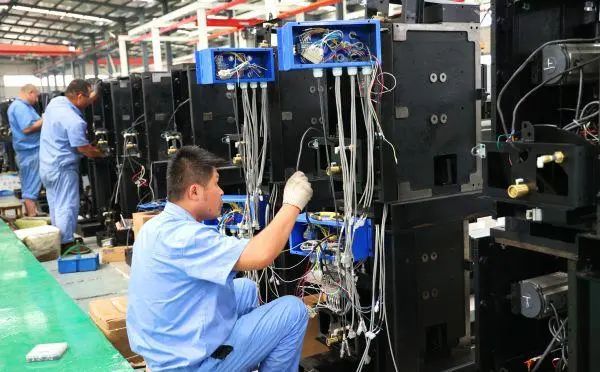
China’s factory activity contracted again in August, data from the National Bureau of Statistics shows.
The Purchasing Manager Index (PMI) of the manufacturing industry was 49.4%. A reading above 50% represents expansion whereas a reading below 50% means contraction.
Small enterprises shrank the most in August, registering a PMI of 47.6%.
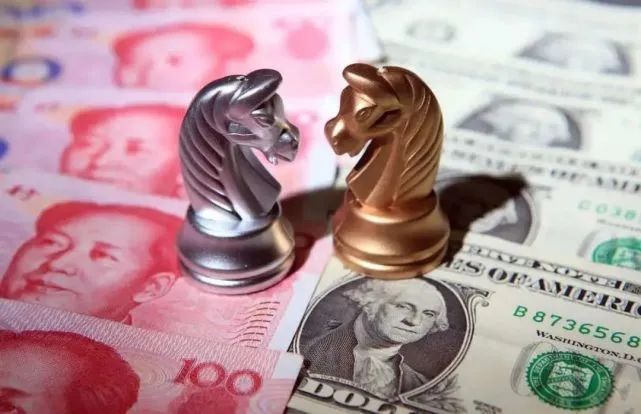
China is to reduce the amount of foreign reserves financial institutions need to hold, according to a statement by its central bank on Monday.
The People’s Bank of China said it would cut the foreign exchange reserve requirement ratio from 8% to 6% starting from Sept. 15.
The PBOC said the reduction aimed to improve financial institutions’ ability to use foreign exchange capital.
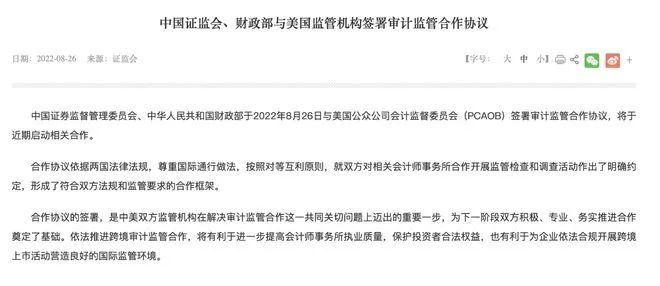
More eligible Hong Kong primary-listed foreign companies and companies listed on the mainland will be added to the Stock Connect program, Fang said.

China’s small and medium-sized enterprises (SMEs) showed stable expansion in the first seven months of the year, according to data from the Ministry of Industry and Information Technology.
The combined operating revenue of China’s major industrial SMEs rose 8.1% from January to July compared to the same period last year, data from the MIIT showed.
The MIIT published the latest list of more than 4300 SMEs that use cutting-edge technology and have a niche market, the so-called “little giant” companies.
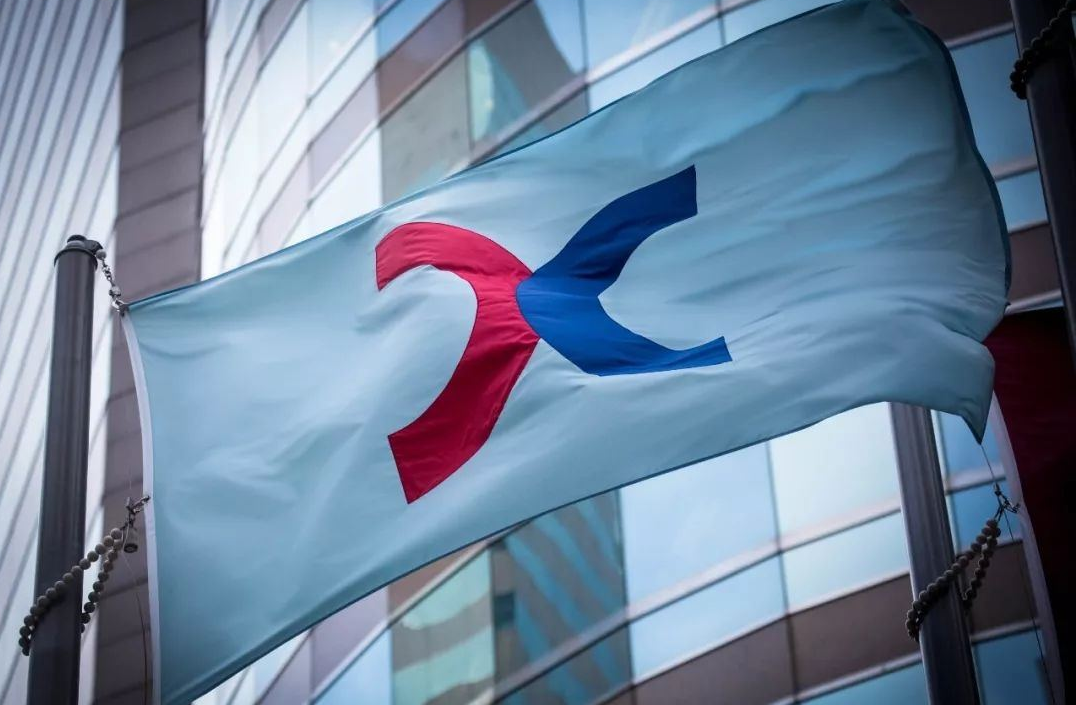
The inclusion of Hong Kong-listed foreign companies in the stock connect programme will help attract more foreign firms to go public in the city, Hong Kong’s Financial Secretary Paul Chan Mo-po said on Sunday.
The expansion will help enhance the liquidity and market valuation of foreign stocks, Chan wrote in his blog.
Chan said a working group has been set up to deal with technical challenges and a bill on waiving stamp duty for stocks denominated in yuan will be sent to the Legislative Council for approval this year.
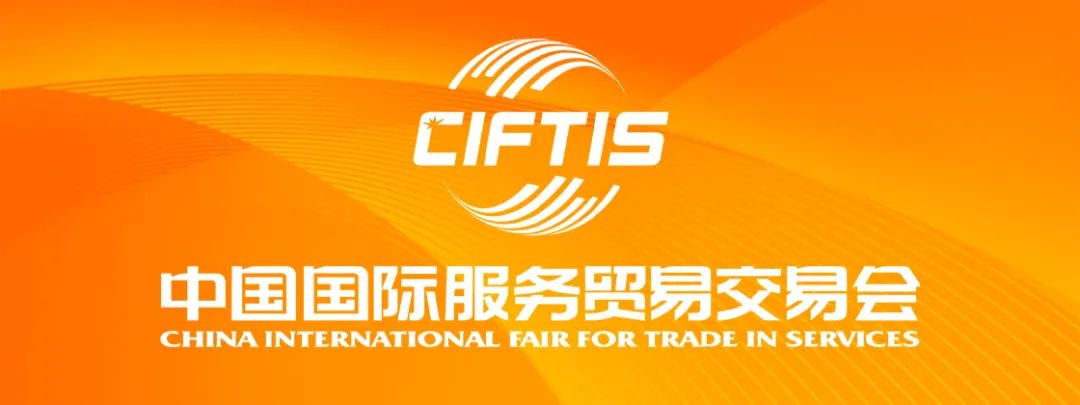
Beijing hosted the 2022 China International Fair for Trade in Services from Aug.31 to Sept.5.
More than 10,00 Chinese and foreign companies participated in the event either virtually or in person.
In a congratulatory letter, Chinese President Xi Jinping said the Fair “is a crucial platform for China to expand opening-up, deepen cooperation and pioneer innovation”.
The annual event is hosted by China’s Ministry of Commerce and the Beijing Municipal government.
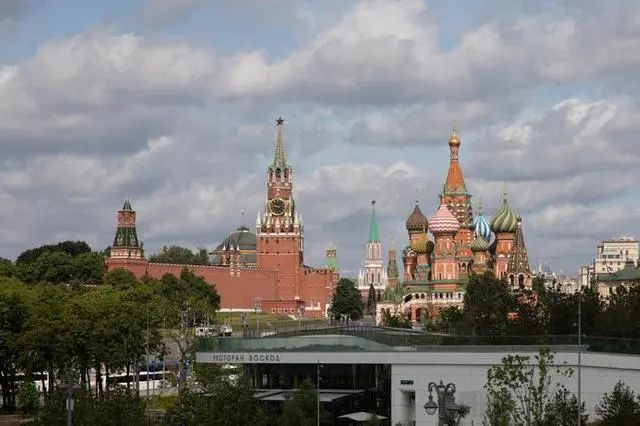
The Group of Seven finance ministers on Friday agreed to impose a price cap on Russian oil in a bid to limit Russia’s ability to finance the war in Ukraine and lower global energy prices.
In reaction to the G7 decision, Moscow said it would stop selling oil to countries that impose price caps.
“Companies that impose a price cap will not be among the recipients of Russian oil,” Kremlin spokesperson Dmitry Peskov said.
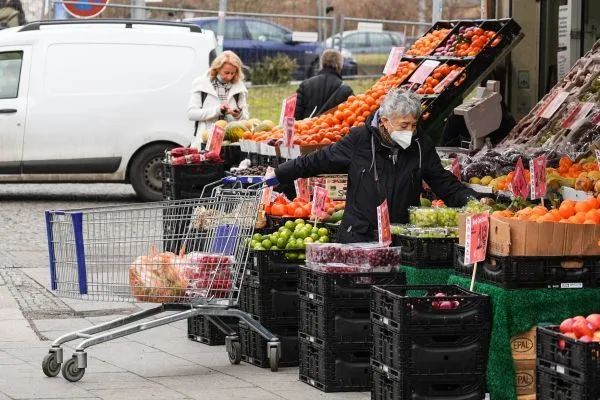
The German government announced on Sunday a $65 billion relief package to ease household pressure as the country faces spiraling inflation and surging energy costs.
It’s the third package and largest package announced by the German government this year.
The package includes plans for continued cheaper public transport and tax breaks for energy-intensive companies, according to German media Deutsche Welle.
German Chancellor Olaf Scholz said his government has taken measures to avert energy shortages in winter, including filling gas storage facilities and restarting coal power plants.
He said that Germany will introduce electricity price cap as soon as possible.
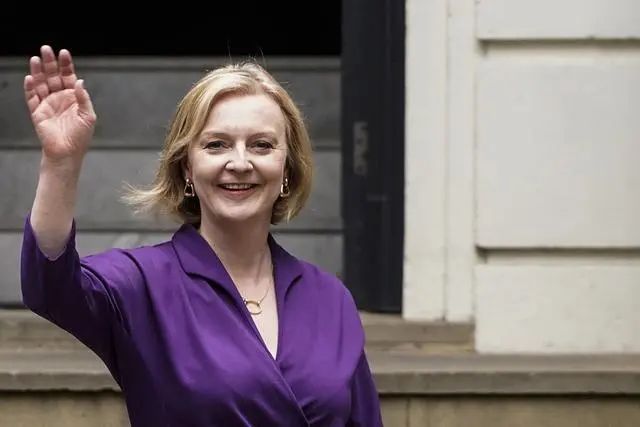
Liz Truss was sworn in as Britain’s Prime Minister on Tuesday after winning the ruling Conservative Party’s leadership race.
Liz Truss, beating Rishi Sunak, former chancellor of the Exchequer, won 57.4% votes of Tory members on Monday.
Truss succeeded Boris Johnson at a time when Britain is gripped by energy and cost of living crisis.
Truss vowed to press ahead with tax cuts and “deliver on energy crisis” in her winning speech.

The Biden administration has asked two chip companies to stop exporting some advanced chips to China and Russia, according to media reports.
The new restrictions affect high-end chips known as graphics processing units or GPUs sold by Nvidia and Advanced Micro Devices (AMD), according to the New York Times.
US officials told Nvidia to stop exporting two top computing chips for artificial intelligence work to China.
AMD spokesperson told Reuters that it had received new license requirements that will stop the company from selling one of its high-end GPUs to China and Russia.
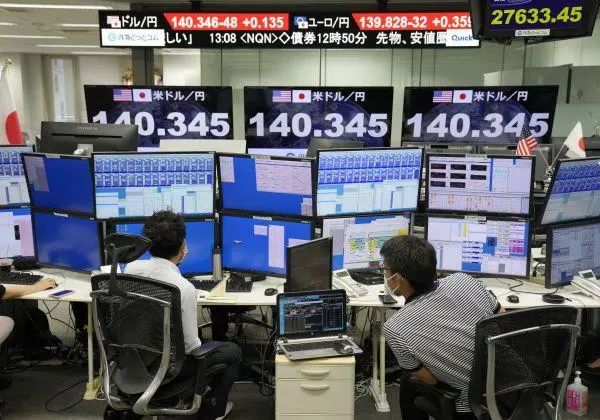
As the dollar keeps climbing up, emerging economies are having a hard time paying their debts, Nikkei reported.
The rising dollar makes payments on loans owed in US dollars as well as imports more expensive for emerging markets.
